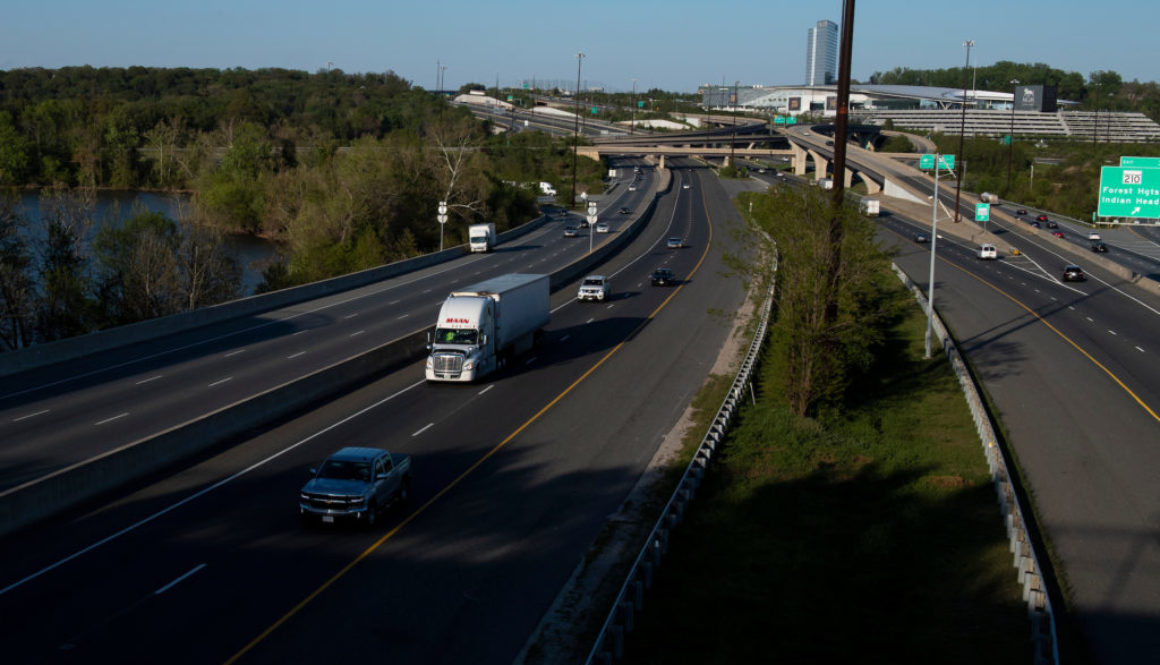Investment in Mexico remains the best bet in Latin America
Entrepreneurs, journalists, officials, and experts from the financial sector were recently convened by the Spanish publication EL PAÍS to analyze the climate for investment in Mexico.
It’s the right time to consider investment in Mexico. That was the clear declaration that was made by José Aljaro, CEO of the Spanish company Abertis, during the virtual Invest in Mexico forum that was recently organized by the prominent Spanish newspaper EL PAÍS.
For Aljaro, despite the heavy blow that the COVID-19 pandemic inflicted on the global economy, there are still international companies that are willing to continue to invest their money. Investment in Mexico, he said, continues to be an especially attractive option.
According to the Spanish CEO, “Business activity continues. We must take advantage of the present circumstances, even if the health crisis has affected us in an adverse manner. We need to identify countries where economic growth can be achieved.”
As an example, he cited the case of his highway management company, which currently has investment plans of approximately 8 billion Mexican pesos to expand the road network in that country.
Why make such an investment in Mexico? Aljaro did not moderate his praise when he stated that, “We chose it as the target country for our efforts because it serves as a link to the United States, Canada, and Latin America. It has extensive experience with public-private collaborations, as well as with legal certainty and with great transparency. Profitable investment in Mexico can be both long and short term in scope.”
Through a virtual meeting, entrepreneurs, journalists, officials, and experts from the financial sector analyzed the areas that are most suited for investment in Mexico, as well as the challenges and competitive advantages offered by that nation. One of those challenges discussed during the forum was the impact the pandemic has had on Latin American economies as a whole. Adriana Arreaza, director of macroeconomic studies at CAF – Development Bank of Latin America, explained that, due to the health emergency, the region’s economy will suffer a collective contraction of 8% of GDP annually and will be the source of “severe social consequences”, including the closure of 2.5 million companies (mainly SMEs). This could potentially translate into the loss of more than eight million jobs.
This is, he said, a decade-long setback in terms of poverty reduction and inequality in the region. “Economic growth must be generated to reverse these losses,” Arreaza warned. To achieve this, the expert has recommended generating greater tax revenue, increasing labor productivity, establishing clear rules of the game that favor investment in Mexico, and developing efficient social protection programs.
Referring further to Mexico, Arreaza explained that one of the challenges that it must overcome is the reduction of economic activity in the large informal sector. According to official government data, more than 30 million people work in this sector, which adversely impacts the country’s economic health and well-being.
Arreaza went on to state that companies that operate outside of the formal economy, with little access to credit and exceptionally low productivity, make the average progress of the economy as a whole constrained by the weight of informal economic activities.” She went on to add that, the government must concentrate its efforts on generating and attracting infrastructure investment in Mexico. “That’s going to be key because it facilitates the connection between production centers and end consumers.”
It is on infrastructure that investors set their eyes during the virtual event. Mexico has enormous growth potential because it has the United States and Canada as its main trading partners, as Mexican exports to North America account for almost 35% of GDP.
In addition to this, the Mexican Government has committed to a new economic boost with the entry into force of the new United States-Mexico-Canada Free Trade Agreement (USMCA), as well as ambitious investment in infrastructure projects. Mexico, however, also has had strong differences between the well-connected northern region and the south, which suffers a strong lag in infrastructure development. This is how Demetrio Sodi, CEO of RCO, a highway operation company in Mexico assesses the situation. Industrialized states such as Aguascalientes, Guanajuato, Jalisco, or Querétaro have experienced similar growth to Southeast Asian nations, while states such as Chiapas, Guerrero, and Oaxaca have declined. This is because they are isolated and have little export capacity. “Investment in the south of Mexico is needed in infrastructure in order to bring about a lowering of transportation costs,” he said.
Sodi went on to state that his company has investment plans of up to 7.5 billion pesos in the near future. “There are many opportunities in the transportation sector. Mexico is a great opportunity in the medium and long term. Investment in Mexico remains among the best bets in the world.”




